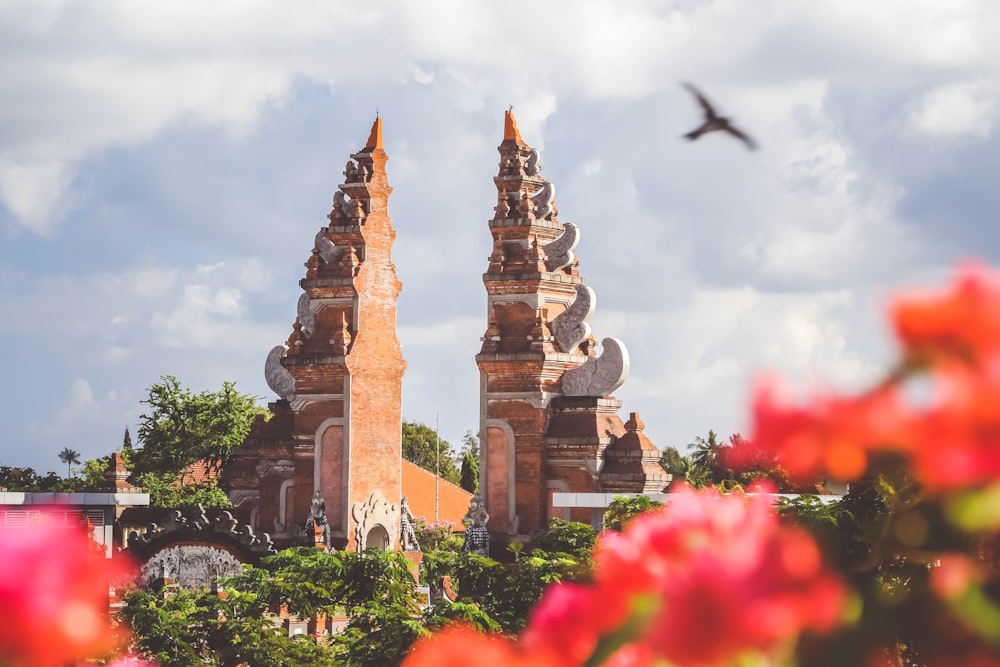TL;DR
Recently, cryptocurrency exchanges have been turning their attention to the Asian market as it has become difficult to do business in the U.S. due to regulatory pressure and risk of prosecution by government authorities.
Among them, Binance is the most active ; Binance is focused on 1) Southeast Asia and 2) East Asia, with many active regional hires (90% of total new hires in APAC)
Binance takes a highly localized approach in each jurisdiction, either by 1) partnering with local entities, 2) acquiring existing exchanges with licenses, or 3) setting up their own exchanges from 0 to 1.
Introduction
Recently, global cryptocurrency exchange Binance has been making notable entry into the Asian market. It's easy to see their activities : a whopping 36% of their job postings for the first half of 2023 targeted Asia, making it their highest regional concentration.
Binance's strategy zeroes in on Southeast Asia and East Asia, which account for roughly 90% of their Asian workforce. This can be attributed to the regions’ tech-savvy younger demographics and anticipation of cryptocurrency-friendly policies. While the company is also endeavoring to establish a presence in Central and South Asia, stringent government taxation policies have momentarily hampered their progress.
Southeast Asia (SEA)
Singapore has the highest rate of recruitment from Binance in the SEA region, comprising 68% of the hires. Vietnam, Indonesia, Thailand, and the Philippines follow with similar ratios.
Singapore
Recognized as an Asian financial hub, Singapore has been a pioneering in adopting blockchain technology even among developed nations. Binance was quick to notice the country's promising market potential and established a separate entity there in April 2018.
The regulatory landscape changed when the Payment Services Act was implemented on January 28, 2020. This law tightened the rules on cryptocurrency companies in Singapore, and Binance, unable to meet the strict criteria, was forced to halt its operations there on February 13th, 2022.
Yet, Binance continues to hire within Singapore, particularly in roles related to regulation, suggesting their intention to re-enter the Singapore market. In November 2022, Binance's custody business for corporate clients in Singapore was rebranded as 'Ceffu,' and in March 2023, they applied for a license to resume their services in the city-state.
Thailand
Thailand is another hotspot for virtual assets. It has recently witnessed the highest growth in cryptocurrency transactions among Southeast Asian countries.
Although Binance has been operating unofficially in Thailand, the exchange received a warning from the country's Securities and Exchange Commission in April 2022 due to their lack of government approval. Since then, Binance has ramped up local hiring, signaling their intention to launch a formal service. In collaboration with Gulf Innova, a Thailand-based firm, Binance founded Gulf Binance and successfully acquired a VASP (Virtual Asset Service Provider) license. The company is expected to launch its service in the final quarter of 2023. This official entry by Binance is expected to cause big waves in Thailand's digital asset market.
Vietnam
Despite having one of the highest levels of retail interest in cryptocurrencies, Vietnam doesn't legally recognize cryptocurrency exchanges (In other words, not allowed). Both the government and central bank do not accept cryptocurrencies as well. Nonetheless, peer-to-peer (P2P) cryptocurrency transactions are activel in the country, and largely overlooked by regulators (i.e. Binance P2P and Remitano)
Given this, instead of launching a cryptocurrency exchange service in Vietnam, Binance rolled out a crypto-to-fiat P2P service in 2020. Interviews with locals suggest that Binance's P2P and Remitano is the most widely used in the country, and is continuing to slowly expand its market influence.
Indonesia
Indonesia also has a high retail interest in cryptocurrencies. In fact, around 41% of the country's high-income population are cryptocurrency holders.
Binance seems to have two strategies in mind for entering the Indonesian market. The first is to establish a new cryptocurrency exchange through a local partnership. In December 2021, Binance reportedly held discussions with MDI Ventures, the investment arm of Indonesia's largest telecommunications company Telkom, about establishing a cryptocurrency exchange. The second option is to acquire and operate a local exchange that already has a VASP license.
In May 2023, Binance seems to have settled on the latter option by acquiring TokoCrypto, a local Indonesian cryptocurrency exchange. This is speculated to be due to the fact that crypto exchanges that have been hit hard by the bear market and are being sold at bargain prices.
Conclusion
There is no doubt that Binance has its eyes set on Asia, especially the Southeast Asian region. It is approaching each country with a customized strategy, such as 1) establishing new exchanges with local partners, 2) acquiring existing exchanges with licenses, or 3) setting up their own exchanges. Given the high interest in digital assets among the younger demographics in Southeast Asia and the expectation of crypto-friendly policies in the region, it's safe to predict the company’s continued expansion into other countries as well. In Part 2, we will cover Binance’s entry into the East Asian region.








